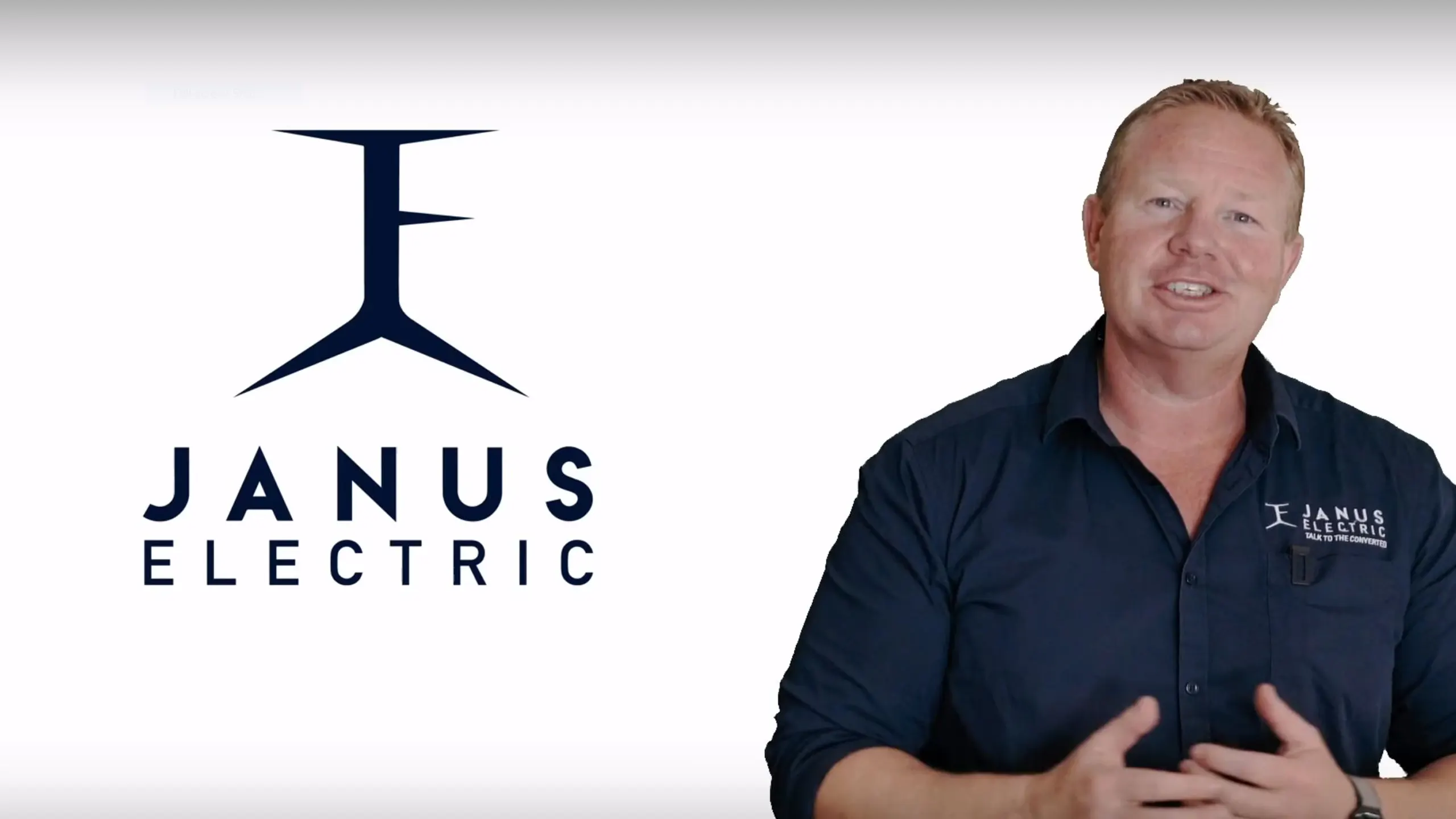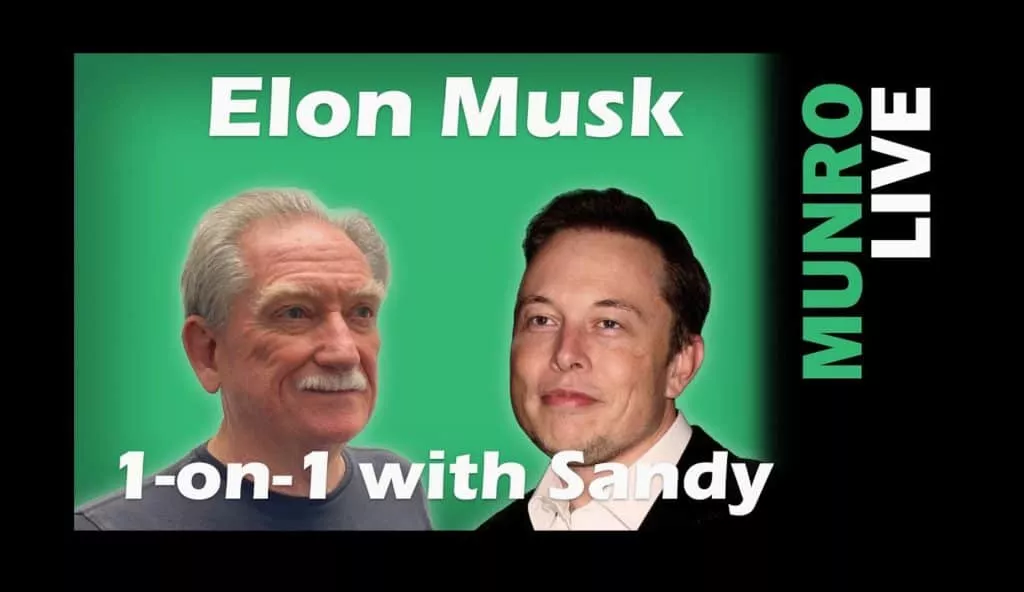Game Changer : Diesel vs Electric Trucks
Thanks to the Fully Charged YouTube channel and an innovative Australian company, you will finally have some really good evidence to tell all your friends. Why an Electric Truck is better than Diesel.
Don’t have time to watch a full YouTube video? Here is a summary
Janus Trucks – Janus Electric based in NSW is doing Electric Truck conversions.
90+ Tonne Rated – Twice the ability of the Tesla Semi
720HP – 540Kw Electric Motor
Uses the Original Transmission
RE-GEN Braking
1.5-1.7Kwh per Kilometer
Battery Pack Size – 620Kwh – Equivalent to 8 Tesla Model 3 vehicles
Removes 3.5 Tonnes of existing Motor and other parts.
Add 4 Tonnes for Motor, Battery and Drivetrain
Electric Truck Cost – 60cents a Kilometer at Grid Pricing
Can be as low as 6 cents a Kilometer from your own Solar installation.
Diesel Truck Cost – $1- a Kilometer
THAT is up to 18 times cheaper than Diesel
Maintenance Costs are vastly reduced. As low as 4 cents a Kilometer
Multi Million Kilometer Lifespan for the Electric Motor
Gearbox – reduced vibrations and other wear and tear, expecting double the lifespan when using Electric motor vs the diesel.
The Motor can REGEN up to 540kw of power when Braking.
No Pollution in Urban area’s
Total cost is only $150,000-$170,000 when battery is AS A SERVICE model. That mean’s they pay to rent the battery per Kilometer
After the battery has reached 80% of original capacity it can then be used for storage applications such as on and off grid commercial, or housing applications.



